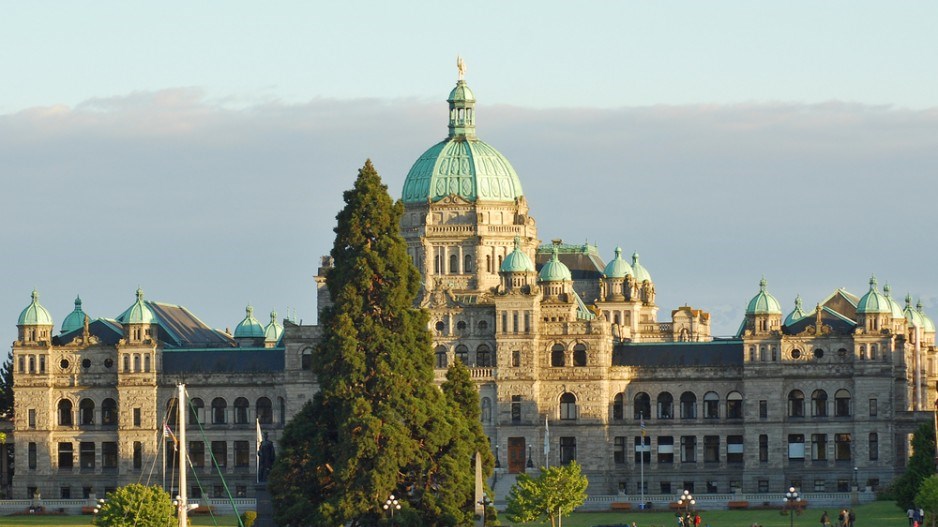British Columbia had the fastest growing provincial economy in 2015, and the province could achieve a budget surplus of $1.4 billion by 2018-19 if revenue is grown and spending—particularly in the areas of health care and education—is kept under control, according to a Conference Board of Canada report released March 24.
Keeping spending at levels projected by the provincial government may be challenging, however, the board argues.
The government has forecast spending for health care to increase around 2.8% per year over the next few years. The Conference Board argues this number may be too low; taking into account population growth, inflation and changing demographics, the board forecasts spending in this area will have to increase 4%.
It’s a similar story for education. The government forecasts yearly spending increases of 1.6%, but looking at real spending per student, student population estimates and inflation, an increase of 2.7% per year may be more realistic.
“In order to achieve the overall spending target set forth in [the provincial] Budget 2016, other program spending—spending outside of health, education and social services—in 2018-19 will need to remain essentially at its 2015-16 level, which could be difficult to achieve,” the board said in its report.
“B.C.’s plan to control spending over the forecast period, when combined with strong revenue growth, will lead to continued surpluses in the future. However, if the province misses its targets for health care and education, the projected surpluses will be smaller.”
The projections also depend on Petronas’ $36 billion Pacific NorthWest LNG project moving forward and construction beginning “fairly soon.”
Provided the Petronas project goes ahead, total real GDP is forecast to grow 2.7% in 2016 and 3.4% in 2017, the board said. Without the project, GDP growth will be a full percentage point lower each year, according to the report.
“British Columbia’s fiscal position is the envy of most provinces,” said Matthew Stewart, the Conference Board’s associate director, Canadian outlook.
“With strong economic growth forecast for the province and the government committed to keeping spending in check, B.C. is expected to run budget surpluses through 2018-19.”
@EmmaHampelBIV




